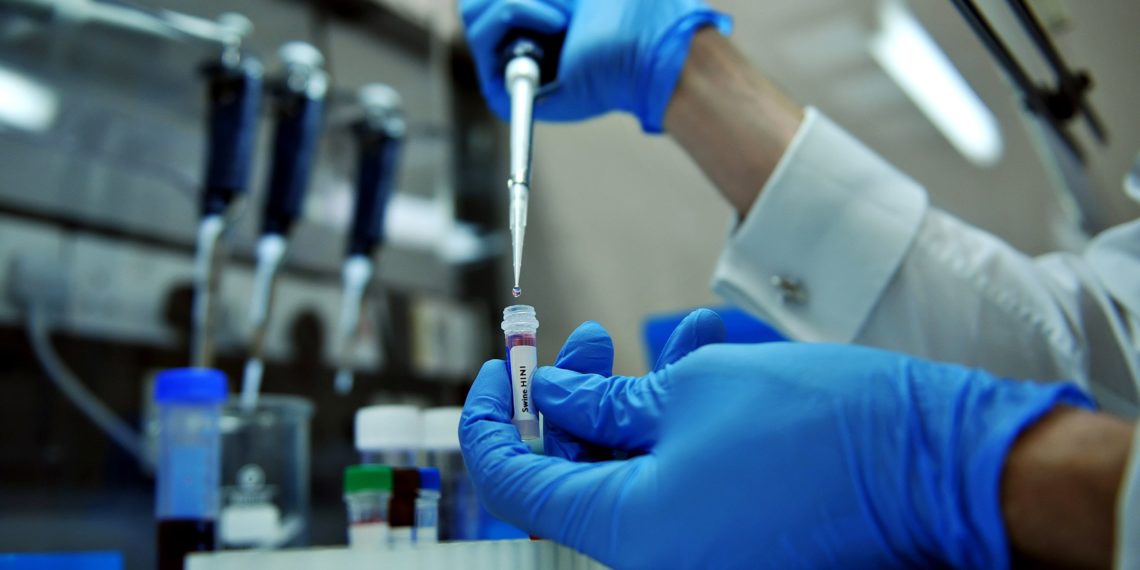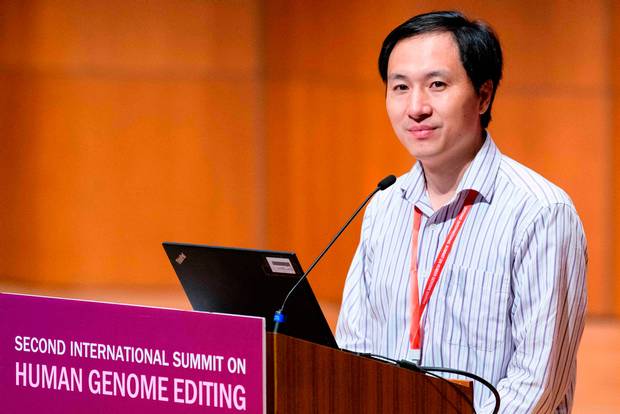Disgust is a powerful emotion. The propensity to feel physical repulsion evolved throughout billions of years to protect animals from poison and infection and to make humans avoid potential carriers of pathogens, including those newfound people who look different.
A growing number of neuroscientists, psychologists, and political scientists have conducted experiments to study the links between the sensitivity to disgust and an authoritarian or liberal mindset. They have unearthed strong correlations: the higher the susceptibility to disgust, the more one is prone to authoritarian tendencies; the stronger the exposure to disgusting experiences, the more a person will flee away from liberal values such as openness to diversity.
Disgust and Political Leanings
Disgust influences the moral, social, and political views of humans. One of its manifestations, taste, is concentrated in the bitter receptors of the tongue. The amount of these receptors varies widely among people and shape variation in disgust sensitivity. They are genetically determined and can be measured.
In 2003, researchers discovered that about 85 percent of the ability to taste PTC – an organic molecule that people taste either as very bitter or virtually tasteless – was determined by variation in a single gene, TAS2R38, that is one of roughly 30 genes that code for bitterness receptors.
The next logical step has been taken by Associate Professors of Psychology David Pizarro and Yoel Inbar, proving that the density of the tongue’s bitter receptors is in direct proportion to authoritarian or liberal leanings. Disgust sensitivity correlates with the moral, social, and political ideas an individual upholds, up to a point.
Correlation is neither causality nor determination, though. Even if authoritarians present both greater disgust sensitivity and more sensibility at detecting bitterness on their tongue receptors, disgust sensitivity appears to be only one of many individual differences associated with political orientation. DNA just does not predict individuals’ behaviors.
Genetics and Human Agency
These findings have been received with mixed feelings at best. Nobody feels threatened when physical human traits are discovered to be related to specific genes, such as lactose tolerance or the density of melanin on the skin, and everybody rejoices when genetical experiments yield healing illnesses.
But as always happens, any linkage between genetics and human agency is poised to navigate between the Scylla of the millennia-old determinism and the Charybdis of the Mad Scientist, from Frankenstein to Dr. Moreau.
Predestination permeates all three religions of the book and their never-ending schisms. It dismisses human decisions as not being free, reduced to the mere outworking of god’s decision (or genes’ decision, in its modern incarnation). The more individuals are told by both religious and secular determinists that they’re merely puppets whose strings are manned by a higher master, the more the fear to the Mad Scientist skyrockets.
Both scientists and lay people, when scared, conclude likewise: those who may unleash forces beyond human control must be forbidden to investigate the genetics of human agency, lest the discoveries be used to suppress whatever deviant trait a majoritarian polity may want to erase by editing the genes involved.
“Making that tree visible also makes it vulnerable to those who would happily uproot it,” biologist Jeremy Yoder feared. Genetic research will boost discrimination at best, outright suppression of deviants at worst. Sinking into the quagmire of ignorance out of scare is the only solution, which Yoder stops short of saying.
Importance of Scientific Research
Both determinism and scare of science are nothing more than residual, secularized religious views that demean the ingenuity of humans under something mighty than their free will, be it god or genes; hurdles to scientific theory. They are just one of the immanent obstacles, internalized from religious concepts, which must be spotted and torn down to free the scientific thought from the hard-wired preconceptions of a past that is not even past.
Knowledge of germs and pathogens has been used far more to cure human illnesses than to kill them by biological weapons, and atomic discoveries have delivered far more good to humanity by providing electricity than killed people by nuclear bombs.
Ignorance out of fear is not the right answer, confronting unfairness is. “Bigotry needs no data,” biologist Steven Phelps said, “It is prejudice, not knowledge, that threatens us.”
Scientific knowledge shines paramount, wherever it leads us. Our evolved brain constantly shouts “Beyond!” and always will, till the end of the species. Knowledge can always be ill-used, but it is misuse that must be averted, not scientific research.
Disclaimer: The views and opinions expressed here are those of the author and do not necessarily reflect the editorial position of The Globe Post.

















